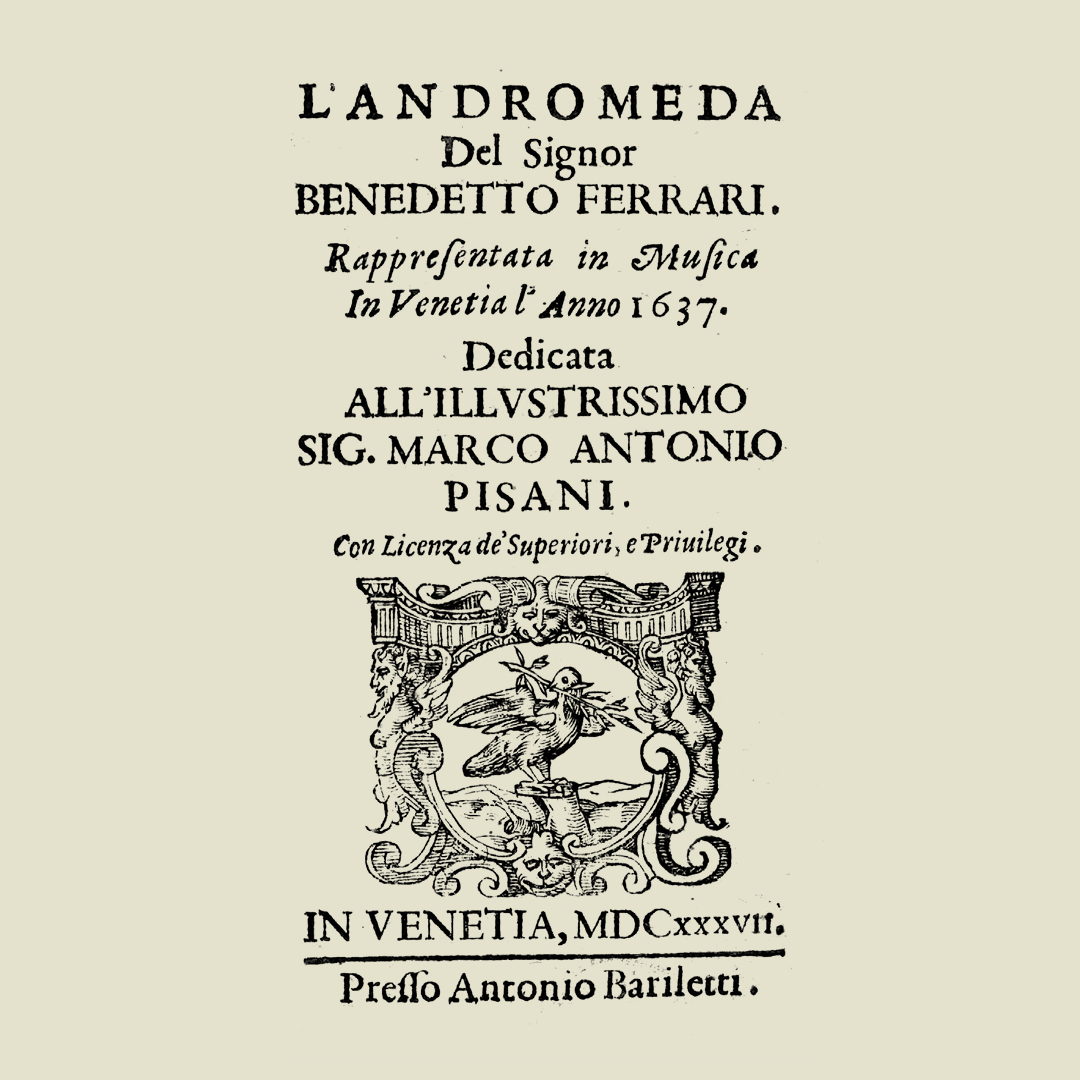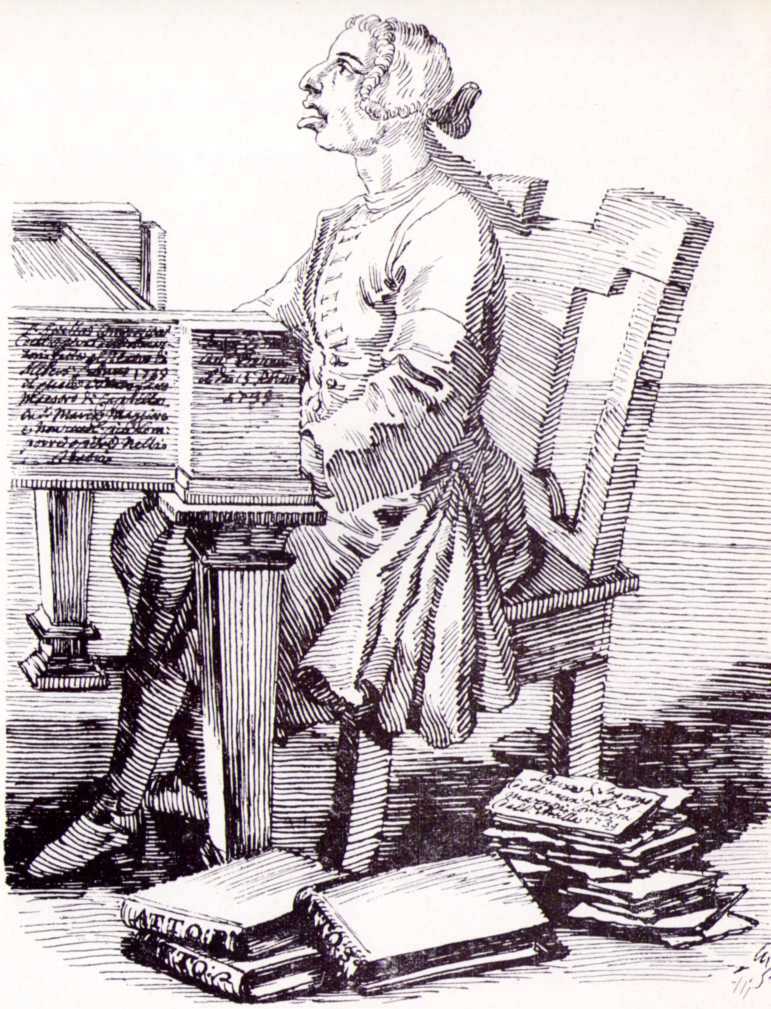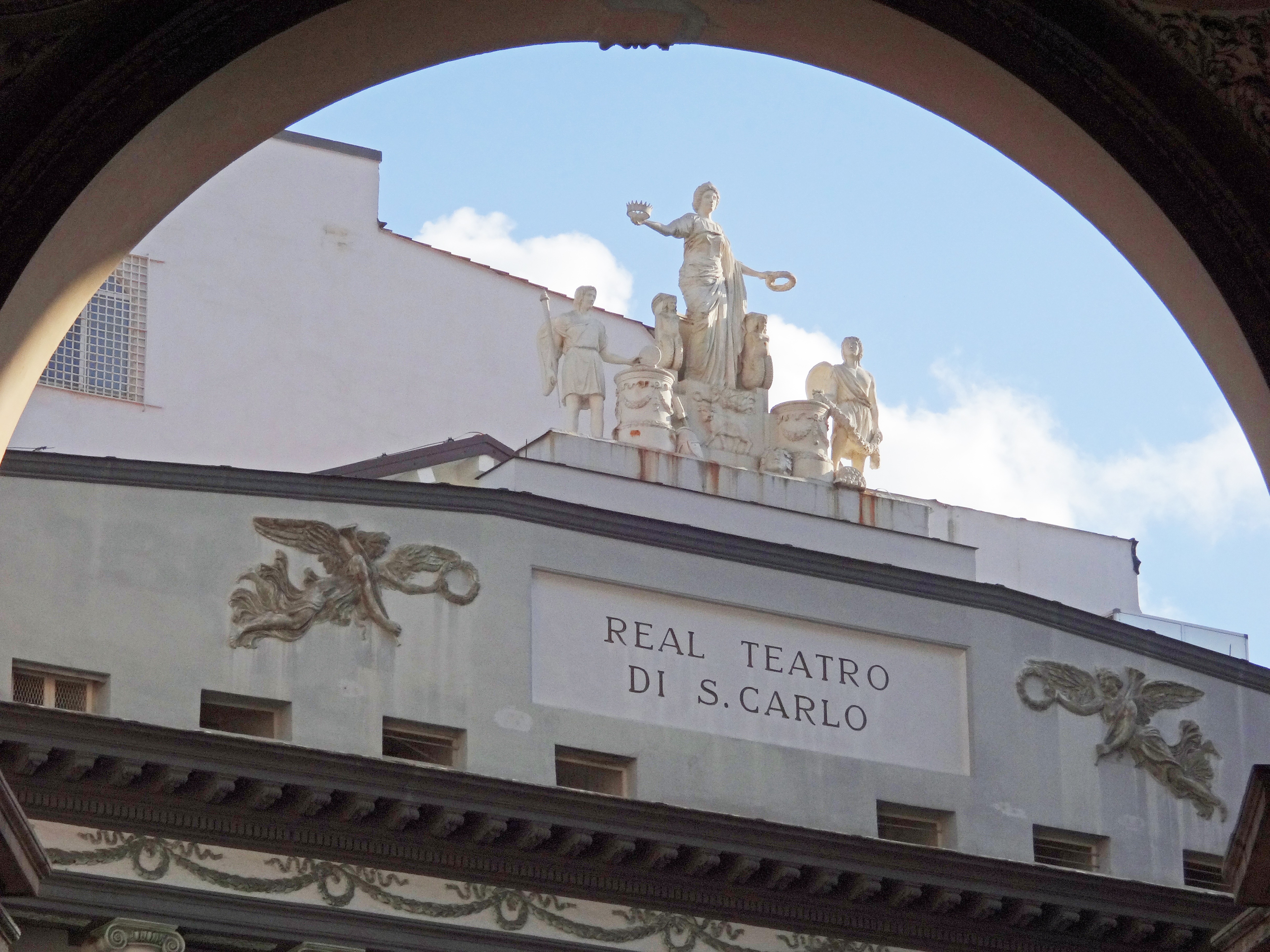|
L'Olimpiade (Pergolesi)
''L'Olimpiade'' is an opera in the form of a dramma per musica in three acts by the Italian composer Giovanni Battista Pergolesi. Pergolesi took the text, with a few modifications, from the L'Olimpiade, libretto of the same name by Pietro Metastasio. The opera first appeared during the Carnival, Carnival season of 1735 at the in Rome and "came to be probably the most admired" of the more than 50 musical settings of Metastasio’s drama. It is regarded as "one of the finest ''Opera seria, opere serie'' of the early eighteenth century". Background The new House of Bourbon, Bourbon dynasty which had taken power in Kingdom of Naples, Naples in May 1734 probably regarded Pergolesi with suspicion because of his links with the aristocratic circles of the previous Austrian Viceroyalty. Perhaps as a result of these suspicions, or simply because of the box office failure of his opera ''Adriano in Siria'' (produced the same year at the Teatro San Bartolomeo and even appreciated, it was said ... [...More Info...] [...Related Items...] OR: [Wikipedia] [Google] [Baidu] |
Opera Seria
''Opera seria'' (; plural: ''opere serie''; usually called ''dramma per musica'' or ''melodramma serio'') is an Italian musical term which refers to the noble and "serious" style of Italian opera that predominated in Europe from the 1710s to about 1770. The term itself was rarely used at the time and only attained common usage once ''opera seria'' was becoming unfashionable and beginning to be viewed as something of a historical genre. The popular rival to ''opera seria'' was ''opera buffa,'' the 'comic' opera that took its cue from the improvisatory commedia dell'arte. Italian ''opera seria'' (invariably to Italian libretti) was produced not only in Italy but almost throughout Europe, and beyond (see Opera in Latin America, Opera in Cuba e. g.). Among the main centres in Europe were the court operas based in Warsaw (since 1628), Munich (founded in 1653), London (established in 1662), Vienna (firmly established 1709; first operatic representation: ''Il pomo d'oro'', 1668), ... [...More Info...] [...Related Items...] OR: [Wikipedia] [Google] [Baidu] |
Bohemia
Bohemia ( ; cs, Čechy ; ; hsb, Čěska; szl, Czechy) is the westernmost and largest historical region of the Czech Republic. Bohemia can also refer to a wider area consisting of the historical Lands of the Bohemian Crown ruled by the Bohemian kings, including Moravia and Czech Silesia, in which case the smaller region is referred to as Bohemia proper as a means of distinction. Bohemia was a duchy of Great Moravia, later an independent principality, a kingdom in the Holy Roman Empire, and subsequently a part of the Habsburg monarchy and the Austrian Empire. After World War I and the establishment of an independent Czechoslovak state, the whole of Bohemia became a part of Czechoslovakia, defying claims of the German-speaking inhabitants that regions with German-speaking majority should be included in the Republic of German-Austria. Between 1938 and 1945, these border regions were joined to Nazi Germany as the Sudetenland. The remainder of Czech territory became the Second ... [...More Info...] [...Related Items...] OR: [Wikipedia] [Google] [Baidu] |
Teatro San Cassiano
The Teatro San Cassiano (or Teatro di San Cassiano and other variants) in Venice was the world’s first public opera theatre, inaugurated as such in 1637. The first mention of its construction dates back to 1581. The name with which it is best known comes from the parish in which it was located, San Cassiano (Saint Cassian), in the Santa Croce district (‘sestiere’) not far from the Rialto. The theatre was owned by the Venetian Tron family and was the first ‘public’ opera house in the sense that it was the first to open to a paying audience. Until then, public theatres (i.e., those operating on a commercial basis) had staged only recited theatrical performances (''commedie'') while opera had remained a private spectacle, reserved for the aristocracy and the courts. The Teatro San Cassiano was, therefore, the first public theatre to stage opera and in so doing opened opera for wider public consumption. In 2019 a project, conceived by the English entrepreneur and musicologi ... [...More Info...] [...Related Items...] OR: [Wikipedia] [Google] [Baidu] |
Gaetano Latilla
__NOTOC__ Gaetano Latilla (12 January 1711 – 15 January 1788) was an Italian opera composer, the most important of the period immediately preceding Niccolò Piccinni (his nephew). Latilla was born in Bari, and studied at the Loreto Conservatory in Naples. He began writing comic operas for the Teatro dei Fiorentini in Naples in 1732, and is best known for his settings of ''Gismondo'' (Rome, 1737) and ''Madama Ciana'' (Rome, 1738). These two works, along with two by Rinaldo da Capua, formed the core of the traveling Italian comic opera repertory of the 1740s and early 1750s. He also wrote some opere serie, the first of which was a setting of ''Demofoonte'' (Venice, 1738). He died in Naples. See also * List of operas by Gaetano Latilla This is a list of the complete operas of the Italian composer Gaetano Latilla __NOTOC__ Gaetano Latilla (12 January 1711 – 15 January 1788) was an Italian opera composer, the most important of the period immediately preceding Niccolò Picci ... [...More Info...] [...Related Items...] OR: [Wikipedia] [Google] [Baidu] |
Teatro San Carlo
The Real Teatro di San Carlo ("Royal Theatre of Saint Charles"), as originally named by the Bourbon monarchy but today known simply as the Teatro (di) San Carlo, is an opera house in Naples, Italy, connected to the Royal Palace and adjacent to the Piazza del Plebiscito. It is the oldest continuously active venue for opera in the world, having opened in 1737, decades before either Milan's La Scala or Venice's La Fenice."The Theatre and its history" on the Teatro di San Carlo's official website. (In English). Retrieved 23 December 2013 The opera season runs from late November to July, with the ballet season taking place from December to early June. The house once had a seating capacity of 3,285, but has now been reduced to 1,386 seats. Given its size, structure and antiquity, it was the model for theatres that were ... [...More Info...] [...Related Items...] OR: [Wikipedia] [Google] [Baidu] |
Leonardo Leo
Leonardo Leo (5 August 1694 – 31 October 1744), more correctly Leonardo Ortensio Salvatore de Leo, was a Baroque composer. Biography Leo was born in San Vito degli Schiavoni (currently known as San Vito dei Normanni, province of Brindisi) in the Apulia region, then part of the Kingdom of Naples. He became a student at the Conservatorio della Pietà dei Turchini at Naples in 1703, and was a pupil first of Francesco Provenzale and later of Nicola Fago. It has been supposed that he was a pupil of Pitoni and Alessandro Scarlatti, but he could not possibly have studied with either of these composers, although he was undoubtedly influenced by their compositions. His earliest known work was a sacred drama, ''L'infedelta abbattuta'', performed by his fellow-students in 1712. In 1714 he produced, at the court theatre, an opera, ''Pisistrato'', which was much admired. He held various posts at the royal chapel, and continued to write for the stage, besides teaching at the conservator ... [...More Info...] [...Related Items...] OR: [Wikipedia] [Google] [Baidu] |
Units Of Measurement In France Before The French Revolution
Unit may refer to: Arts and entertainment * UNIT, a fictional military organization in the science fiction television series ''Doctor Who'' * Unit of action, a discrete piece of action (or beat) in a theatrical presentation Music * ''Unit'' (album), 1997 album by the Australian band Regurgitator * The Units, a synthpunk band Television * ''The Unit'', an American television series * '' The Unit: Idol Rebooting Project'', South Korean reality TV survival show Business * Stock keeping unit, a discrete inventory management construct * Strategic business unit, a profit center which focuses on product offering and market segment * Unit of account, a monetary unit of measurement * Unit coin, a small coin or medallion (usually military), bearing an organization's insignia or emblem * Work unit, the name given to a place of employment in the People's Republic of China Science and technology Science and medicine * Unit, a vessel or section of a chemical plant * Blood unit, a measuremen ... [...More Info...] [...Related Items...] OR: [Wikipedia] [Google] [Baidu] |
Charles De Brosses
Charles de Brosses (), comte de Tournay, baron de Montfalcon, seigneur de Vezins et de Prevessin (7 February 1709 – 7 May 1777), was a French writer of the 18th century. Life He was president of the parliament of his hometown Dijon from 1741, a member of the Académie des Inscriptions et Belles-Lettres from 1746, and a member of the ''Académie des Sciences, Arts et Belles-Lettres de Dijon'' from 1761. He was a close friend of Georges-Louis Leclerc de Buffon, the naturalist who wrote the ''Histoire Naturelle'', and a personal enemy of Voltaire, the famous philosopher, who barred his entry in the ''Académie française'' in 1770. Because he opposed the absolute power of the king, he was exiled twice, in 1744 and 1771. He wrote numerous academic papers on topics concerning ancient history and language, some of which were used by Denis Diderot and D'Alembert in the ''Encyclopédie'' (1751-1765). Publications De Brosses published five books: *''Lettres sur l'état actuel de la vil ... [...More Info...] [...Related Items...] OR: [Wikipedia] [Google] [Baidu] |
L'Olimpiade (Vivaldi)
''L'Olimpiade'' (''The Olympiad'', RV 725) is a dramma per musica in three acts that was composed by Antonio Vivaldi. The opera uses an Italian libretto by Pietro Metastasio that was originally written for Antonio Caldara's 1733 opera of the same name. Vivaldi's version premiered in Venice at the Teatro Sant'Angelo on 17 February 1734. The same libretto was to be later set to music by over 50 other composers, including Giovanni Battista Pergolesi in 1735. Roles Synopsis :Time :Place Act 1 Megacles arrives in Sicyon just in time to enter the Olympic Games under the name of Lycidas, a friend who once saved his life. Unknown to Megacles, Lycidas is in love with Aristaea, whose hand is to be offered to the winner of the games by her father, King Cleisthenes. Lycidas, once betrothed to Princess Argene of Crete, is unaware that Megacles and Aristaea already love each other, and he subsequently tells his friend of the prize. Aristaea and Megacles greet each other fondly, but Megacles ... [...More Info...] [...Related Items...] OR: [Wikipedia] [Google] [Baidu] |
Castrato
A castrato (Italian, plural: ''castrati'') is a type of classical male singing voice equivalent to that of a soprano, mezzo-soprano, or contralto. The voice is produced by castration of the singer before puberty, or it occurs in one who, due to an endocrinological condition, never reaches sexual maturity. Castration before puberty (or in its early stages) prevents the larynx from being transformed by the normal physiological events of puberty. As a result, the vocal range of prepubescence (shared by both sexes) is largely retained, and the voice develops into adulthood in a unique way. Prepubescent castration for this purpose diminished greatly in the late 18th century. Methods of castration used to terminate on the onset of puberty varied. Methods involved using opium to medically induce a coma, then submerging the boy into an ice or milk bath where the procedure of either severing the vas deferens (similar to a vasectomy), twisting the testicles until they atrophied, or comp ... [...More Info...] [...Related Items...] OR: [Wikipedia] [Google] [Baidu] |
Apostolic Camera
The Apostolic Camera ( la, Camera Apostolica), formerly known as the was an office in the Roman Curia. It was the central board of finance in the papal administrative system and at one time was of great importance in the government of the States of the Church and in the administration of justice, led by the Camerlengo of the Holy Roman Church, originally known as ''camerarius (''chamberlain). In 2022, Pope Francis' apostolic constitution '' Praedicate evangelium'' abolished the office as of 5 June. History The office of camerarius (chamberlain) was established by Pope Urban II. Since the middle of the 12th century the Papal chamberlain (') was a regular member of the Curia, entrusted with the financial management of the papal court. At that early period the income of the papal treasury came chiefly from many kinds of censuses, dues, and tributes paid in from the territory subject to the Pope, and from churches and monasteries immediately dependent on him. Cencius Camerarius ( ... [...More Info...] [...Related Items...] OR: [Wikipedia] [Google] [Baidu] |
Antonio Vivaldi
Antonio Lucio Vivaldi (4 March 1678 – 28 July 1741) was an Italian composer, virtuoso violinist and impresario of Baroque music. Regarded as one of the greatest Baroque composers, Vivaldi's influence during his lifetime was widespread across Europe, giving origin to many imitators and admirers. He pioneered many developments in orchestration, violin technique and Program music, programatic music. He consolidated the emerging concerto form into a widely accepted and followed idiom, which was paramount in the development of Johann Sebastian Bach's instrumental music. Vivaldi composed many instrumental concertos, for the violin and a variety of other musical instruments, as well as Sacred Music, sacred choral works and more than List of operas by Antonio Vivaldi, fifty operas. His best-known work is a series of violin concertos known as ''The Four Seasons (Vivaldi), the Four Seasons''. Many of his compositions were written for the all-female music ensemble of the ''Ospedale ... [...More Info...] [...Related Items...] OR: [Wikipedia] [Google] [Baidu] |





